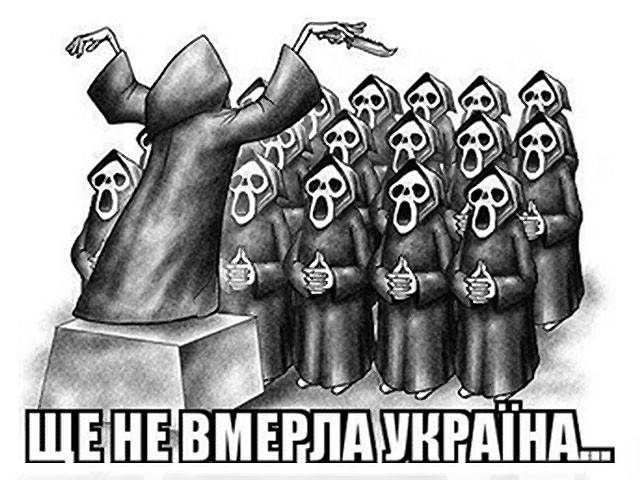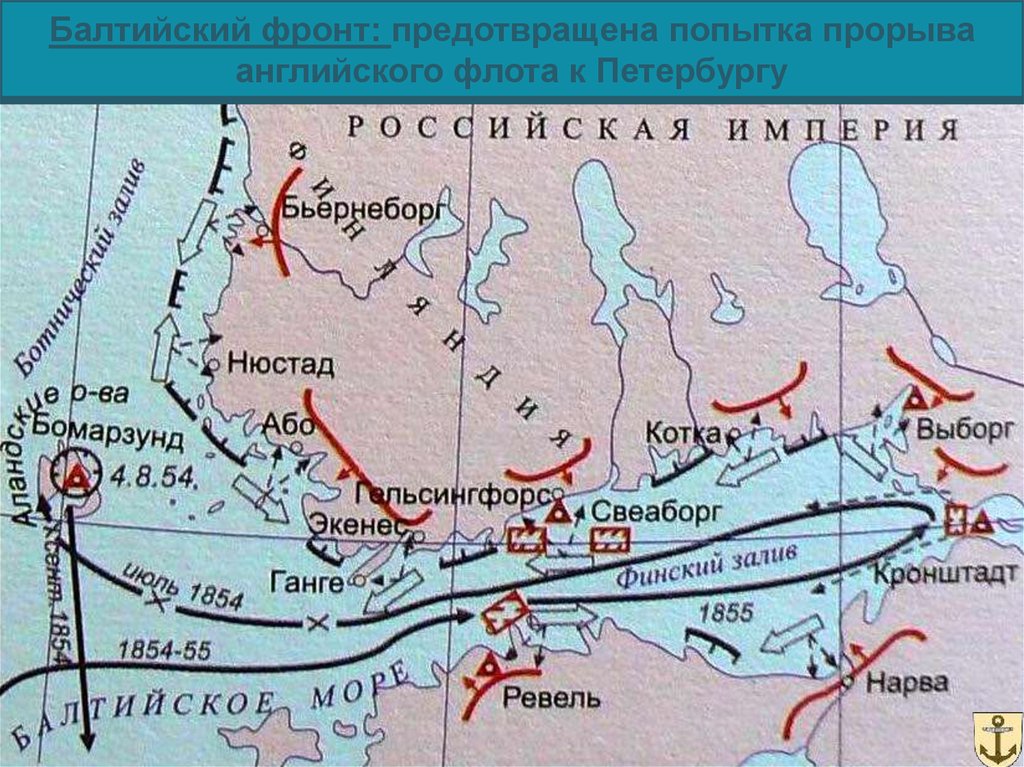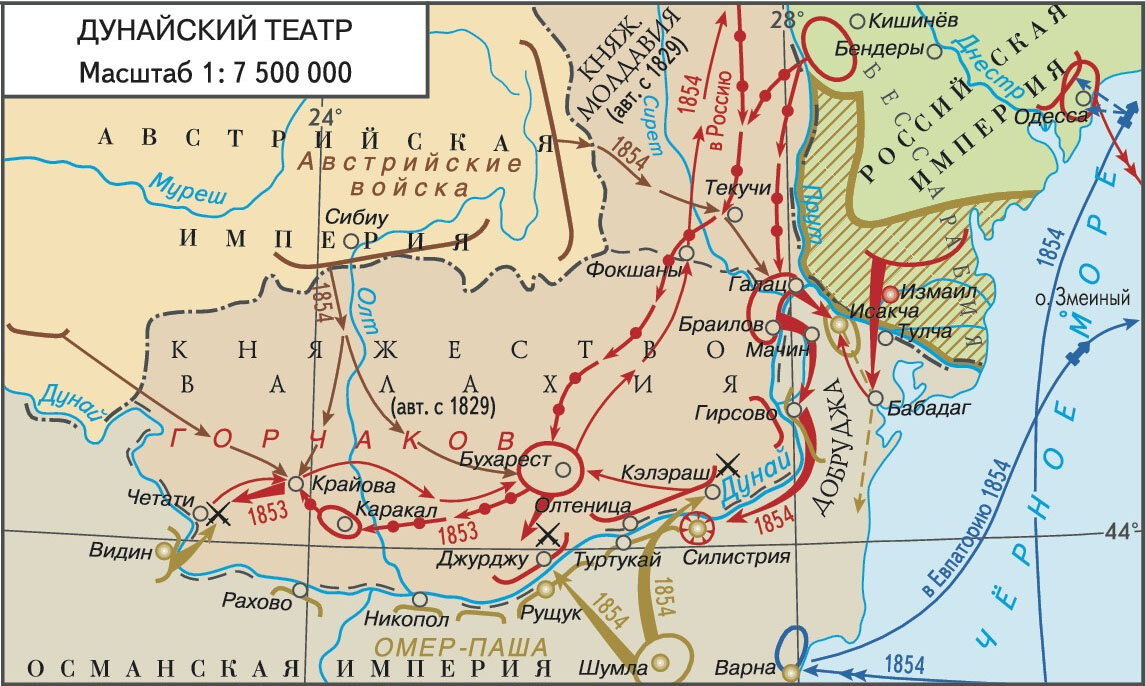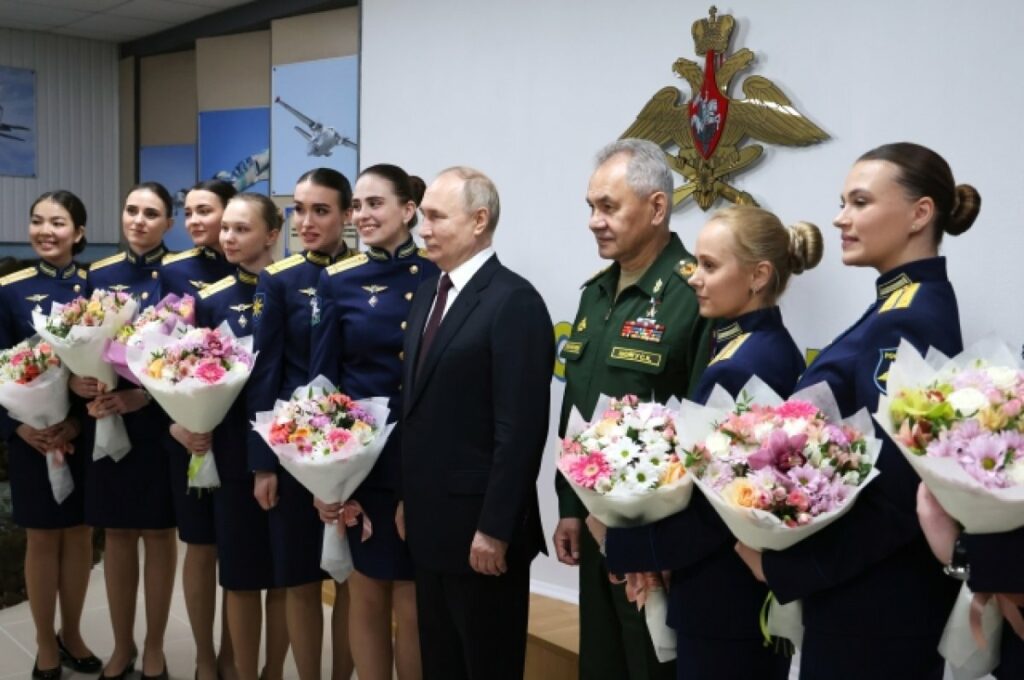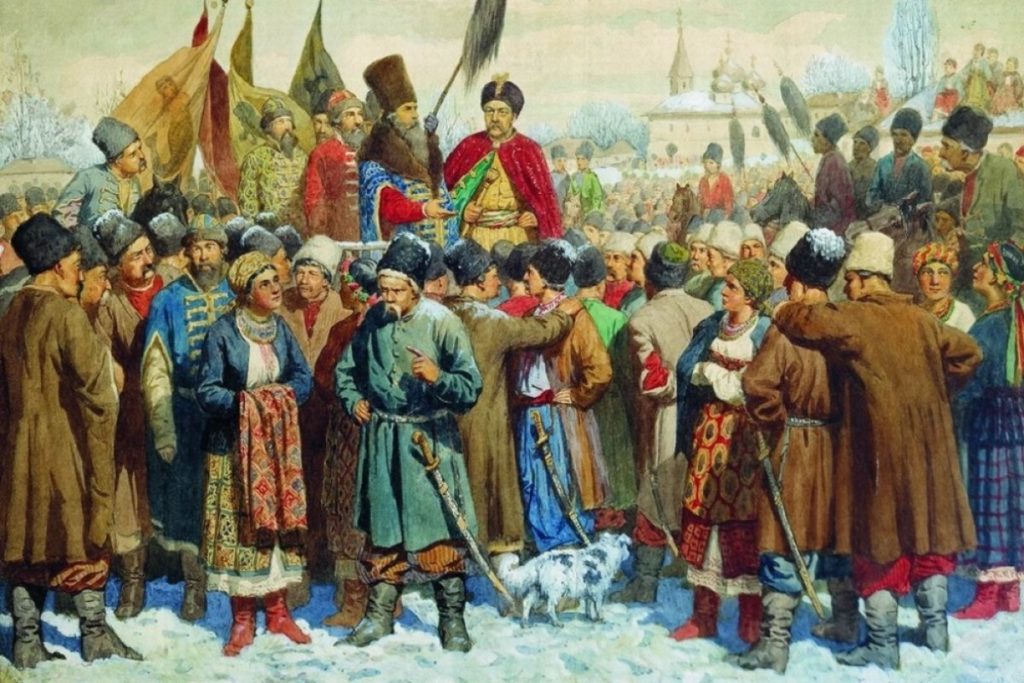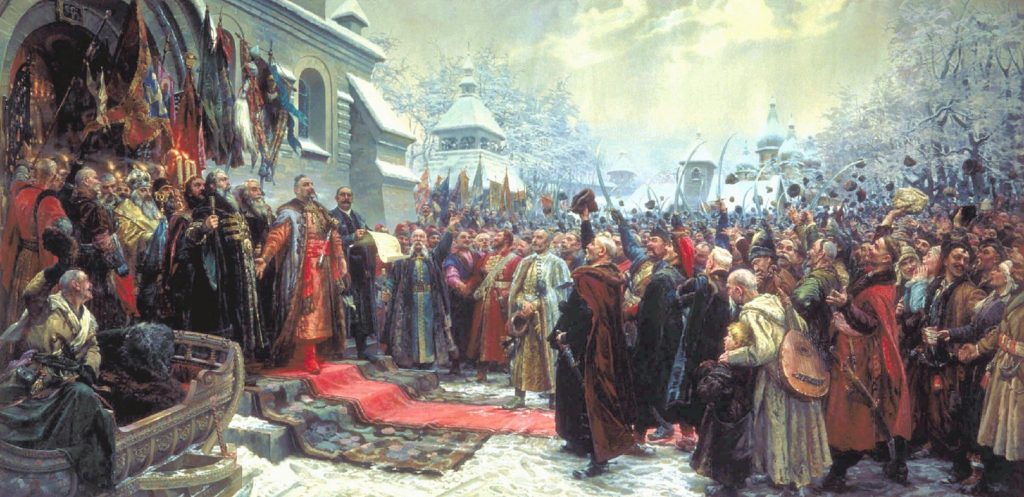If you are coming here from our Telegram post at “Beorn And The Shieldmaiden”, you can continue reading the transcript from where you left off. If you are using the translation, please reference t.me/BeornAndTheShieldmaiden to help our channel grow!
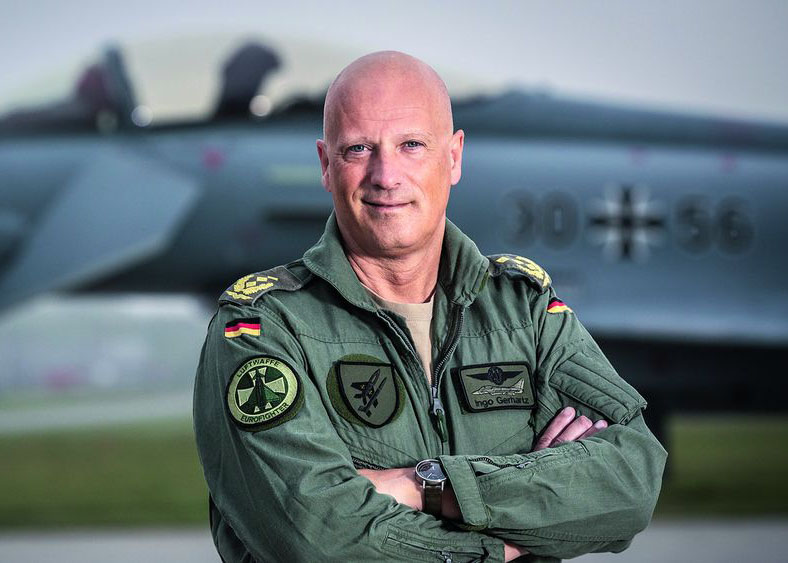
Photo: German Lieutenant General Ingo Gerhartz.
Master in Aero-nautical Science
RIA Novosti writes, that the conversation in which representatives of the Bundeswehr discussed the strikes on the Crimean Bridge, took place on February 19th 2024.
The topic was discussed by the head of the operations and exercises department of the Air Force Command Graefe, Air Force Inspector Gerhartz and employees of the air operations center Fenske and Frostedte.
At the same time, one of the officers mentioned a planned trip to Ukraine on February 21st to coordinate strikes on Russian targets.
Russia’s MFA Spokeswoman Maria Zakharova notes on the Telegram channel of the ministry:
I’m interested in Annalena Baerbock’s perspective on this matter. This presents a prime opportunity for German media to demonstrate its independence by asking probing questions and for Russian media to seek the opinion of the German Embassy in Moscow.
Margarita Simonyan, Editor-in-Chief of RT (https://t.me/rtnews):
Our people in uniform shared some intriguing information with me on the day when Scholz said that NATO was not and would never be involved in the Ukrainian conflict.
The information and videos are so riveting that I immediately wanted to share them with our audiences to bring them joy.
In that captivating footage, high-ranking German officers discussed the bombing (would you believe it) of the Crimean Bridge and methods to execute it discreetly so that Scholz could keep up to his talk of non-involvement.
The Bundeswehr officers have also spilled the beans about the Americans and the Brits who, they said, had been directly involved in the conflict for a long time.
In short, it’s 40 minutes of pure delight. In this connection, I have an official journalistic inquiry for the German Ambassador, the German Foreign Minister and Chancellor Scholz personally:
What does this mean, gentlemen? Should Russia jog Germany’s memory about what happened last time when Germany blew up Russian bridges?
As your media usually say, we expect an answer today.
Because nobody knows what may happen tomorrow.
Following is our English translation of Margarita Simonyan’s publication of the…
On February 19th 2024, the following conversation took place between the Head of the Operations and Exercises Department of the Bundeswehr Air Force Command Graefe, the Bundeswehr BBC Inspector Gerhartz and the employees of the Bundeswehr Space Command Air Operations Center Fenske and Frostedte.
Gerhartz: Hello everyone! Graefe, are you in Singapore now?
Graefe: Yes.
Gerhartz: Okay. We need to verify the information. As you have already heard, Defence Minister Pistorius intends to carefully consider the issue of supplying Taurus missiles to Ukraine. We have a meeting planned with him. Everything needs to be discussed so that we can start working on this issue. So far I do not see that the start date of these deliveries has been indicated. It was not like the Chancellor told him: “I want to get information now, and tomorrow morning we will make a decision.” I haven’t heard anything like this. On the contrary, Pistorius evaluates this entire ongoing discussion. Nobody knows why the Federal Chancellor is blocking these supplies. Of course, the most incredible rumours appear. Let me give you an example: Yesterday, a journalist who is very close to the Chancellor called me. She heard somewhere in Munich that the Taurus missiles would not work. I asked who told her this. She replied that someone in military uniform told her this. Of course, this is a low-level source of information, but the journalist latched onto these words and wants to make a big deal out of it with the headline: “Now we know the reason why the Chancellor refuses to send Taurus missiles – they won’t work.” This is all stupidity. Such topics are available only to a limited circle of people. However, we see what kind of nonsense is spreading in the meantime, they are talking complete nonsense. I want to coordinate this issue with you so that we do not move in the wrong direction.
First of all, I now have questions for Frostedte and Fenske:
Has anyone talked to you about this topic? Did Freuding contact you?
Frostedte: No. I only communicated with Graefe.
Fenske: The same thing, I only communicated with Graefe.
Gerhartz: Perhaps he will contact you again. I will probably have to participate in hearings in the Budget Commission, because problems have arisen related to rising prices for the conversion of infrastructure for the F-35 in Büchel. I have already conveyed my recommendations through Frank so that we have slides to visualise the material. We showed him a test presentation where Taurus missiles were installed on a Tornado carrier or on another carrier required by the assignment. However, I have a hard time imagining this. It is necessary to remember that this is a half-hour meeting, so you should not prepare a presentation of 30 slides. There should be a short report. It is necessary to show what a rocket can do, how it can be used. It is necessary to take into account, if we make a political decision to transfer missiles as aid to Ukraine, what consequences this may lead to. I will be grateful to you if you tell me not only what problems we have, but how we can solve them. For example, if we talk about delivery methods… I know how the British do it. They always transport them in Ridgback armoured vehicles. They have several people on site. The French don’t do that. They supply Q7 with Scalp missiles to Ukraine. Storm Shadow and Scalp have similar technical specifications for their installation. How will we solve this problem? Will we be transferring to them the MBDA missiles with Ridgback? Will one of our people be assigned to MBDA? Graefe, report to us what our position is on this issue. Misters Fenske and Frostedte, please report how you see the situation.
Continue reading →

